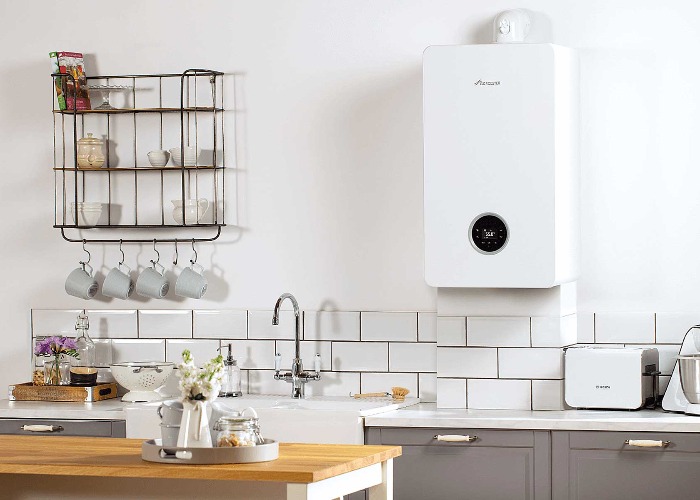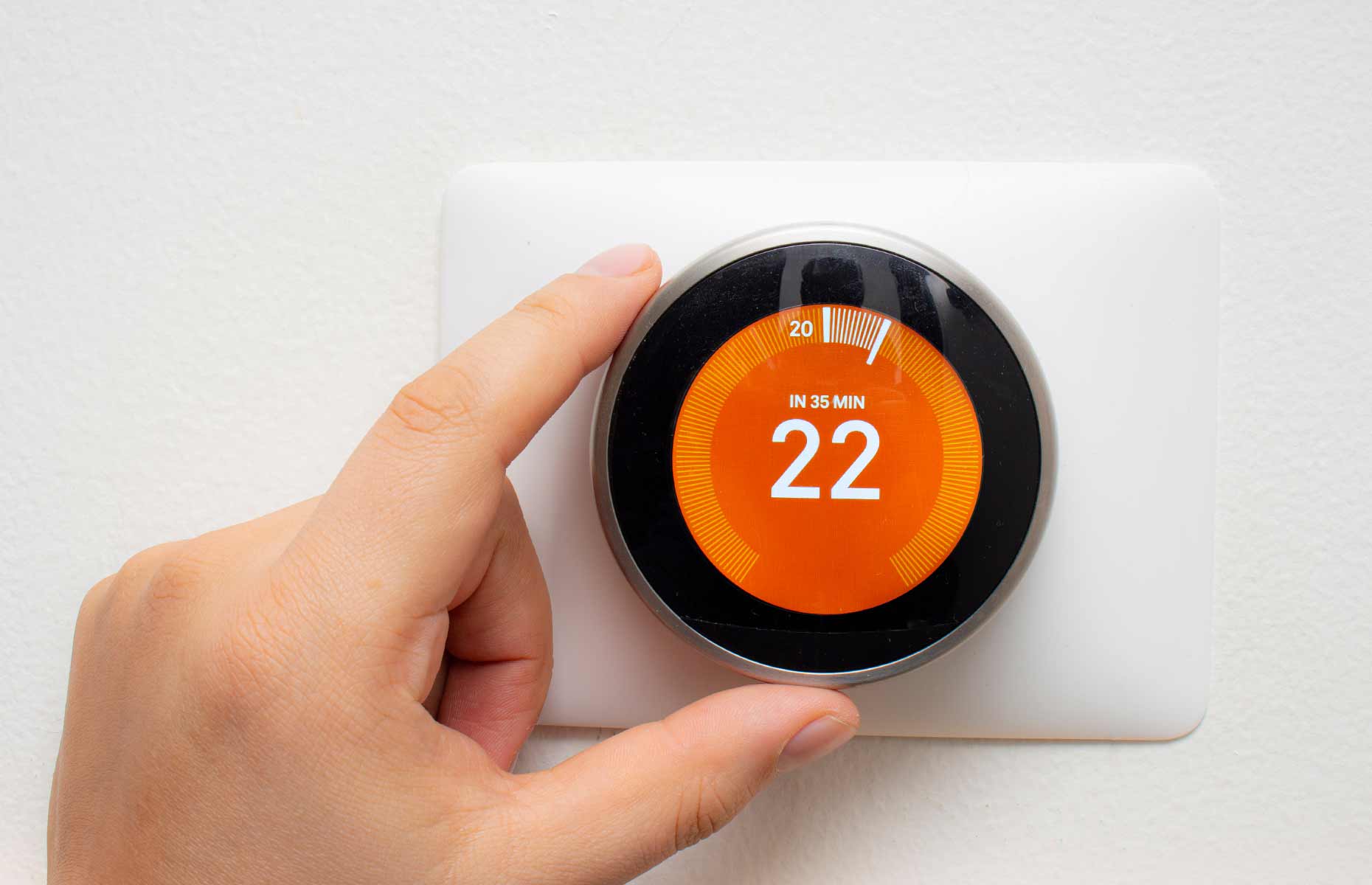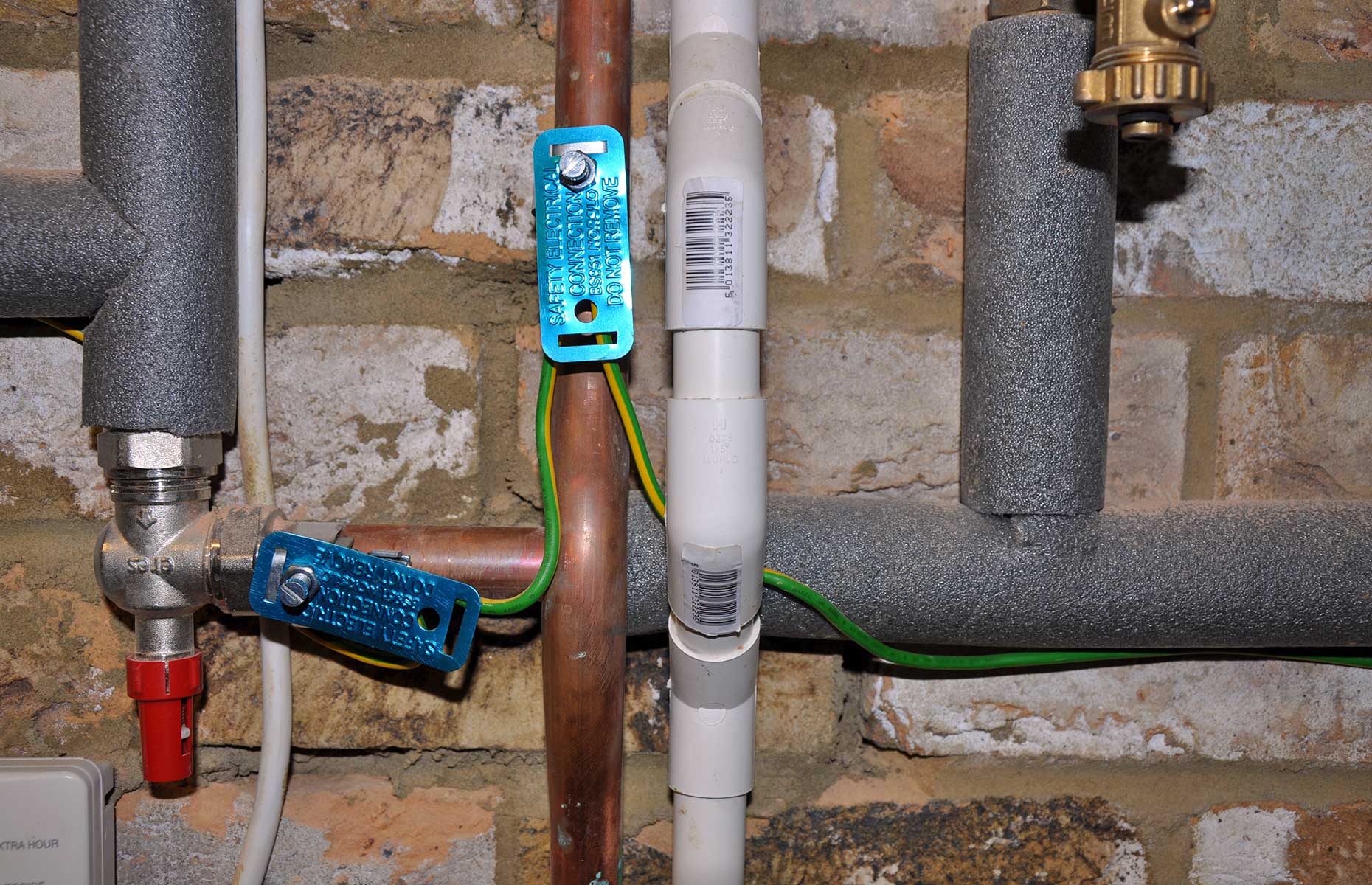8 ways to keep your boiler running smoothly this winter

These simple steps will protect your heating system and keep your home warm and cosy amid the cold weather
As temperatures continue to drop this winter, it's time to turn your attention to the crucial home appliance that will keep us comfortable during the colder months: the boiler.
READ MORE: How to keep your house warm during a cold snap
A healthy boiler is the heart of your property’s central heating system, so it’s vital to keep on top of its maintenance, especially when neglecting it could lead to frosty living spaces, burst pipes, and damp and mould issues.
We've rounded up seven simple steps you can take to protect your boiler and stay one step ahead of the bitter winter weather this year.
1. Check your thermostats
It's a good idea to check that your thermostats are working properly before a cold snap hits so you're not left with a drafty home when you need the heat the most, or indeed a stifling hot home with no means of controlling the temperature.
Adjust the temperate setting on your thermostat and observe if your heating system responds. If not, check if the batteries need replacing – if it's old the unit could need updating with a newer model. Failing that, it may be time to call in a Gas Safe-registered heating engineer.

2. Keep it clean
Giving the exterior of your boiler a clean every time you do the housework can prevent dust from settling on it. It might not sound like much, but this quick and easy job will help stop the appliance’s tubes and pipes from getting clogged up.
Remember, you should never attempt to clean the interior of the boiler yourself – this task should always be left to a qualified engineer.
3. Look for signs of leaks
A simple visual assessment should give you a good idea as to whether your boiler has any cracks or is leaking.
Tell-tale signs include rusting or oxidisation of the pipes, and any puddles or evidence of evaporated water in the boiler shell. Call in a plumber if your boiler is showing significant signs of leaking.
4. Bleed your radiators
Not only will this quick and easy job boost your radiators’ efficiency, but it might knock down your heating bills too.
It’s common for air bubbles to become trapped inside your central heating system. Pockets of air stuck within the system rise and collect at the top of radiators. Over time, this can prevent your radiators from reaching their optimal heat output.
First, turn the heating on and identify which radiators need bleeding by checking which ones (if any) have cold patches across the top. Next, turn off your central heating. Once the radiator is cool, place a rag under the radiator valve to catch any water that escapes.
From here, you can use a radiator key to open the radiator bleed valve – you'll hear a hissing sound as air is released, then water will start to trickle out. When the water flows steadily, that means all the air has been released.
Next, close the valve, turn the heating back on and check that the radiator is heating efficiently from top to bottom.
5. Turn up the heat
If your boiler has been inactive for a prolonged period of time, it’s more likely to seize up when you eventually do come to turn it on. Even during the summer months it’s worth turning your heating on for 15 minutes each week to stop the system from seizing.
During the run-up to winter, switch your heating on for around 20 minutes a day, or as long as it takes for all the radiators to heat up fully.
Get three FREE quotes for a new boiler from local engineers now with BoilerGuide
6. Check the pressure
Low boiler pressure is another common cause of central heating problems and can often be triggered by lost water in the system. The good news is that it's an easy issue to fix.
First, check the gauge on your boiler – anywhere between the 1.0 and the 1.5 bar indicates a healthy pressure, but different manufacturers may recommend different optimal pressures.
If the pressure is low, you can use your boiler’s filling loop to increase it – instructions on exactly how to do this can be found in your operating manual. If the problem persists, it may indicate a leak in your plumbing, in which case you’ll need to call in a professional.
For issues with high pressure, you may need to bleed your radiators or seek help from an engineer.
It's a good idea to check your boiler pressure regularly so you can catch any potential problems before they escalate.
7. Insulate your pipes

Keep precious warmth from escaping from heating your system by insulating your pipes with easy-to-fit foam tubes. The extra protective layer, known as lagging, will reduce heat loss and keep water hotter for longer.
You can pick up pipe insulation lagging at any good hardware shop – just be sure to double-check the size of your pipes first. Taking this straightforward step to maintain your heating system will help you save money on energy bills, too.
8. Don’t skip the annual service
Last but by no means least, booking in an annual service is of paramount importance when it comes to maintaining the health of your boiler.
A regular service by a Gas Safe registered engineer will prevent your boiler from seizing up in the winter, plus, any small issues can be detected before they lead to bigger problems.
As part of the service, your engineer will check the condition of all the parts and replace any that are worn or damaged. The components will also be cleaned to prevent dust from settling and clogging the appliance.
READ MORE: 6 common plumbing problems and how to fix them
Featured image: Worcester Bosch
Comments
Be the first to comment
Do you want to comment on this article? You need to be signed in for this feature